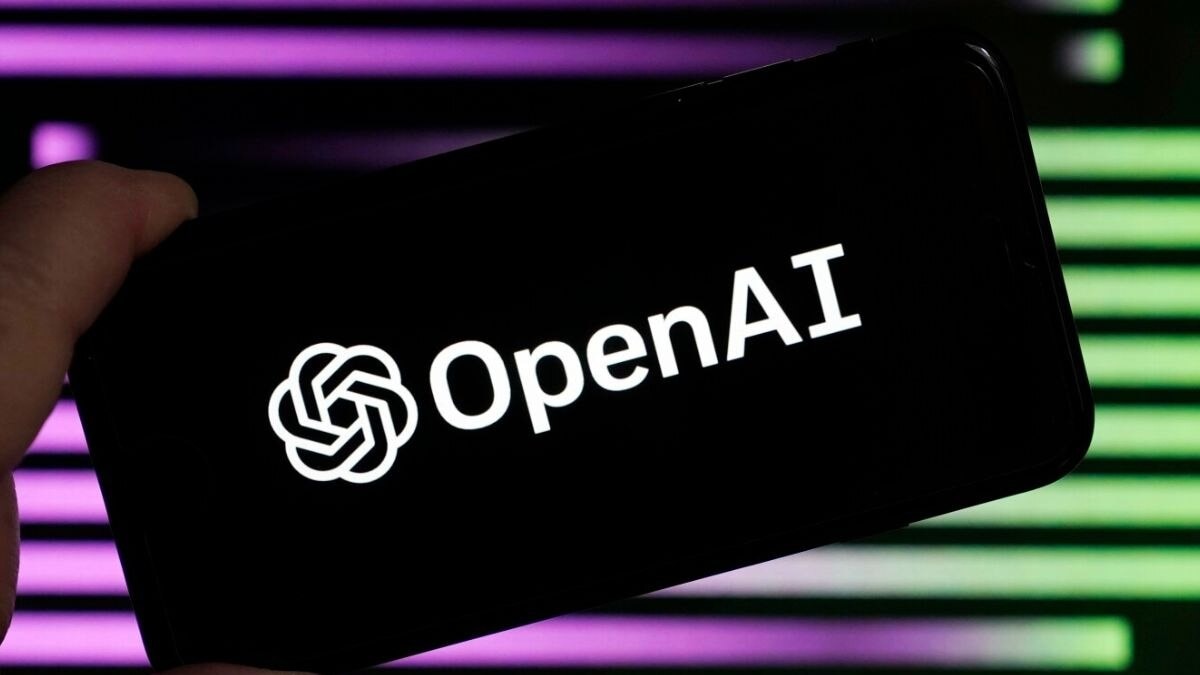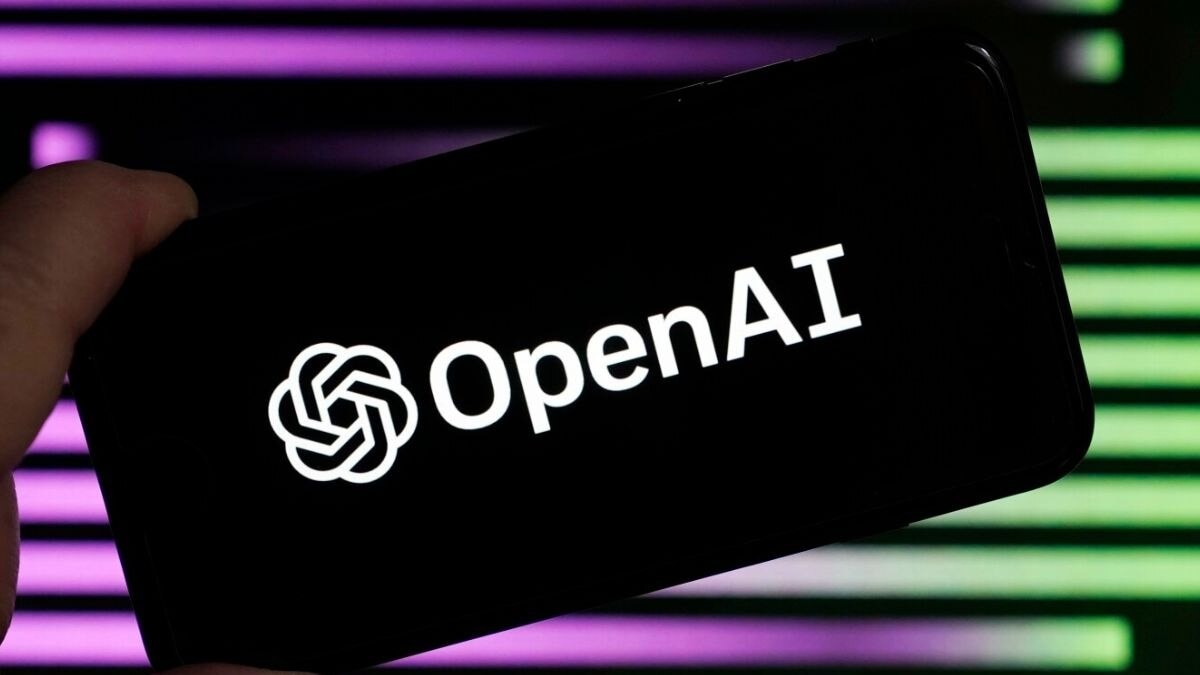Highlights
Claude Gov – Advanced AI Solutions for U.S. Government
Claude Gov has been introduced by Anthropic as a new suite of large language models specifically tailored for U.S. government defence and intelligence agencies. These AI models are designed to process classified data with fewer restrictions, ensuring enhanced context understanding in high-security environments.
The company reports that Claude Gov is already operational within agencies at the highest levels of U.S. national security. However, no details have been provided regarding when the deployment began or which specific departments are utilising this technology. Access to the Claude Gov models is exclusively available to government entities working with classified materials.
Specialised Tools for Intelligence and Security
The models are characterised as highly specialised instruments for intelligence analysis and threat assessment. In contrast to consumer-facing Claude models, which are trained to avoid engaging with sensitive or confidential information, Claude Gov allows more flexibility when interacting with classified inputs. Anthropic noted in a recent blog post that “they refuse less when engaging with classified information.”
Enhanced Comprehension and Tailored Capabilities
Anthropic also asserts that these models demonstrate superior comprehension of defence-related documents, proficiency in mission-critical dialects, and customised capabilities for contexts related to national security. Despite these enhancements, the company stressed that Claude Gov underwent the same rigorous safety evaluations as its public counterparts.
Competition in Government AI Solutions
The introduction of Claude Gov signifies Anthropic’s strategic emphasis on competing in the realm of government AI solutions, positioning itself against OpenAI’s ChatGPT Gov, which was launched in January. OpenAI disclosed that over 90,000 U.S. government employees have accessed its technology over the past year, utilising it for various tasks from policy drafting to code generation.
While Anthropic chose not to disclose its comparative usage statistics, it confirmed its participation in Palantir’s FedStart programme, which supports software vendors targeting U.S. federal clients.
Ethics and Concerns in AI Deployment
The release of Claude Gov also rekindles ongoing discussions regarding the use of AI within governmental frameworks. Critics have expressed concerns over the potential misuse of artificial intelligence in sectors like policing, surveillance, and social services. Technologies such as facial recognition, predictive policing models, and algorithmic biases in welfare assessments have faced scrutiny for their disproportionate effects on marginalised communities.
In light of these worries, Anthropic reaffirmed its commitment to ethical guidelines, indicating that its usage policy prohibits the application of AI for disinformation campaigns, weapons development, censorship systems, and harmful cyber operations. However, the company mentioned the introduction of “contractual exceptions” designed for specific government missions, striving to balance the facilitation of beneficial applications with the mitigation of potential risks.
Broader Trends in Government AI Deployments
Claude Gov is part of a larger surge in the implementation of AI solutions within government infrastructures. For instance, in March, training data provider Scale AI secured a contract with the U.S. Department of Defense to facilitate AI-powered military planning. Following this, Scale has also established a five-year agreement with Qatar to digitise civil services.







